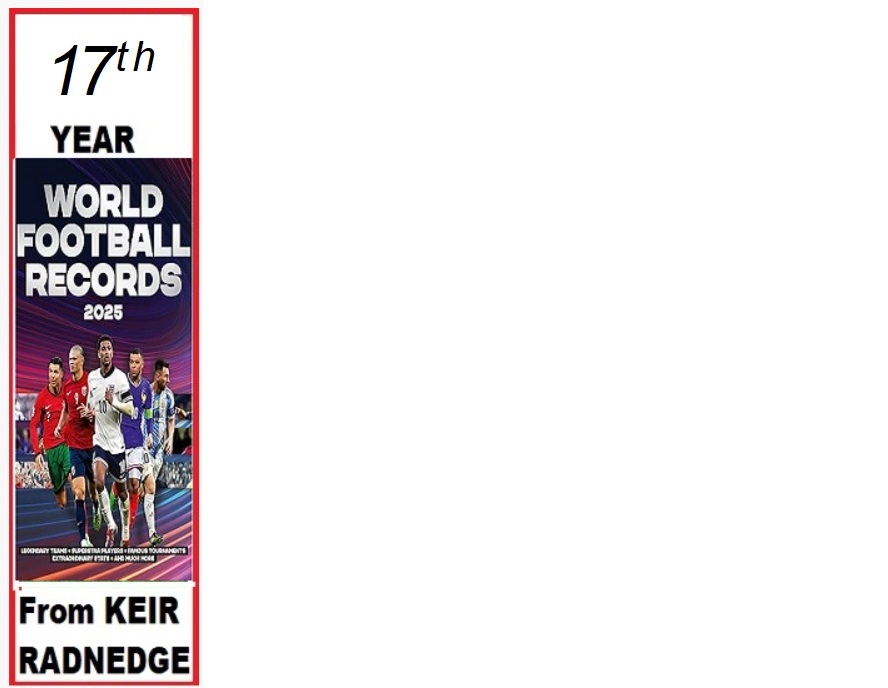The rise and fall of Joao Havelange, sports business revolutionary
ZURICH: Joao Havelange did not resign as honorary president of FIFA simultaneously with publication of the ISL report – he knew what was coming and quit on April 18 writes KEIR RADNEDGE.
That was a sour concluding fullstop to the career of a revolutionary sports administrator whose name will continue to adorn the forthcoming Rio 2016 Olympic Games.
This is because the main athletics stadium bears Havelange’s name though it may be considered a poisonous irony that it has been shut indefinitely because the roof is in danger of falling in.
But it was Havelange who laud the foundation for today’s sporting landscape in which high-level sport proliferates across the electronic media; in which the star performers earn salaries commensurate with those of international bankers; and in which the grandest multinationals compete to invest as sponsors.
Jean-Marie Faustin Goedefroid de Havelange (born in Rio on May 8, 1916) was a rough, tough businessman and politician who knew all about fighting.
‘Joao’ swam for Brazil at the 1936 Berlin Olympics and, to pay his sea-crossing home, won a string of bare-knuckle boxing contests on the Hamburg dock-front. He returned to the Games after the war in the tough discipline of waterpolo and, well into his late 90s, he was still swimming in the pool of his home or hotel every morning before breakfast.
Havelange crushed one rival after another to build up a transport business and scrapped his way up the greasy pole of sporting power to become president of the old Brazilian sports confederation. He became a member of the IOC in 1963 and, though not a football man, used Brazil’s World Cup hat-trick in 1958, in 1962 and in 1970 as the platform to oust Sir Stanley Rous as FIFA president.
Warner connection
So began a 24-year reign which ended in Paris in 1998 when Havelange’s chief executive and general secretary, Sepp Blatter, defeated UEFA president Lennart Johansson.
Blatter had Havelange to thank. Before the vote Havelange had summoned many of his old allies and pointed out precisely how many millions their federations had received in FIFA grants during his presidency.
Only within the last week ex-CONCACAF president Jack Warner has said he delivered his region’s votes in return for Havelange bequeathing to him a state-of-the-art training centre in Trinidad.
Back in 1974 winning the FIFA presidency had been just a start for Havelange. A key ally was Horst Dassler, scion of the adidas empire but far more interested in sports politics than sportswear. In 1982 Dassler created for the use of Havelange a marketing agency to control all FIFA’s commercial activities. The agency: International Sport and Leisure, commonly known as ISL.
Marrying sponsorship exclusivity with the sale of exclusive broadcast rights in a rapidly-exploding television world proved a gold-mine.
FIFA led, others followed. Havelange introduced ISL to other Latin sports powerbrokers: Juan Antonio Samaranch at the head of the International Olympic Committee and Primo Nebiolo of the IAAF which ran athletics, the value element at the Games.
When Havelange was elected president, FIFA had a staff of 11, all in Zurich; now it employs 400; the World Cup now features twice as many teams, 32 compared with 16 and is ‘supported’ by a worldwide range of youth and women’s tournaments.
From a wider perspective, that TV/sponsor model which empowered Havelange and turned football into the most overwhelmingly dominant of sports has been copied by all the rest.
Havelange maintained his own FIFA office in Rio and visited Zurich occasionally, relying on Blatter to run the Swiss show. But he was always The Boss.
Retirement
Even after his presidential retirement he remained a senior figure in the IOC. In Copenhagen, in September 1999, it was the then 93-year-old Havelange who led off Rio’s 2016 bid presentation by telling his fellow IOC members: “I will be 100 in 2016 – come and celebrate my birthday with me on Copacabana.”
Later it emerged that ISL had offered illicit inducements to sports powerbrokers – not only in the football world – to maintain its contractual primacy.
ISL’s nefarious dealings might have remained undetected had the Swiss authorities not launched criminal proceedings over the manner of the bankruptcy.
This brought the infamous ‘list’ of beneficiaries to light including Ricardo Teixeira, Nicolas Leoz and . . . Havelange himself.
Calls for FIFA Congress next month to strip him of his honorary presidency have proved unnecessary.
###############



